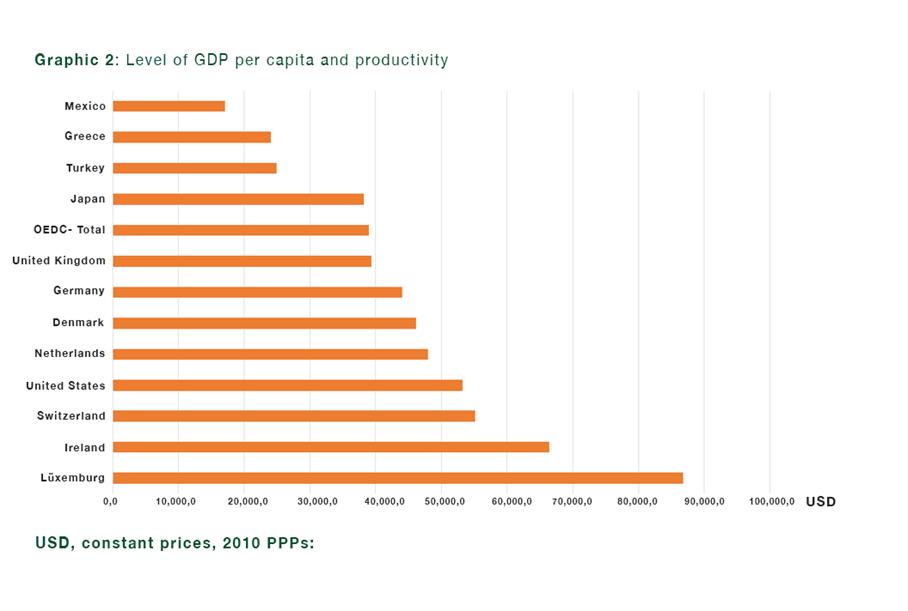February 18st, 2019
Does working for long hours bring work efficiency?

Establishing a good balance between business life and private life is of great importance for employees to stay healthy both physically and psychologically. Continuous exposure to long working hours brings high levels of stress and it can lead to serious health problems; it might even lead people to suicide. In Japanese, there is even a word 'Karoshi' which meaning is 'death due to overwork'.
How well the employers and employees are preserving this important concept of work-life balance? The second fundamental question to be asked is “Working for long hours also means a high level of work efficiency?”
In fact, countries' different working cultures and socio-economic factors can change the working hours that employers expect from their employees. A report from the Organisation for Economic Co-operation and Development (OECD) underlines these differences.
When we observe the data from 2017, we can see that in some countries the employees exceeds the standard working time of 40 hours per week.
Usually, Asian countries are the first ones come to mind when we talk about long working hours. But the top two ranks of this list include Turkey and Colombia with 47.7 hours of working time per week. They are followed by Mexico and Costa Rica.

Is Work Efficiency Directly Related To The Length Of Working Hours?
An average Turkish employee is working almost 50 hours a week, but how does this contribute to their work efficiency? Can we say that working hours and work efficiency are directly proportional?
The answer is, unfortunately, 'no'. Another report from [OECD] gives remarkable answers to these questions. The best way to measure working efficiency is to look at the gross domestic product (GDP). GDP, which is the monetary value of all goods and services produced in the country over a certain period of time, shows how the labor and other factors of production together affect productivity.
When we observe the 2017 results of [OECD]’s ‘Level of GDP per capita and productivity' report, we can see that the length of working hours and efficiency are not in any way related to each other.

Let's start by looking at the first rank of the previous list: Turkey. In Turkey, an hour's GDP value is 24.9 dollars. On the other hand, in the countries such as USA, United Kingdom or Switzerland where employees work less than 40 hours per week, the value of one hour’s work is about two times more than the Turks’.
In Mexico, where the average weekly working time is 45.2 hours a week, an employee's one hour is worth $ 17.1, meanwhile in Ireland, where the weekly working time is 34.9 hours, an employee's one hour is worth $ 66.3.
Comment & Questions We would like to hear your thoughts on this report. Please get in touch with us.
About StratejiCo. is an independent Turkish corporate and public affairs consultancy firm, providing trusted advice to multinational companies and government institutions in Eurasia since 1987.
Disclaimer
This report is prepared by StratejiCo. based on the information gathered from publicly available sources. Opinions and views expressed in this view do not reflect StratejiCo.’s official view. The purpose of this content is to provide our readers with different perspectives about their businesses. StratejiCo. cannot be held liable or responsible for the decisions based on the information provided here.



